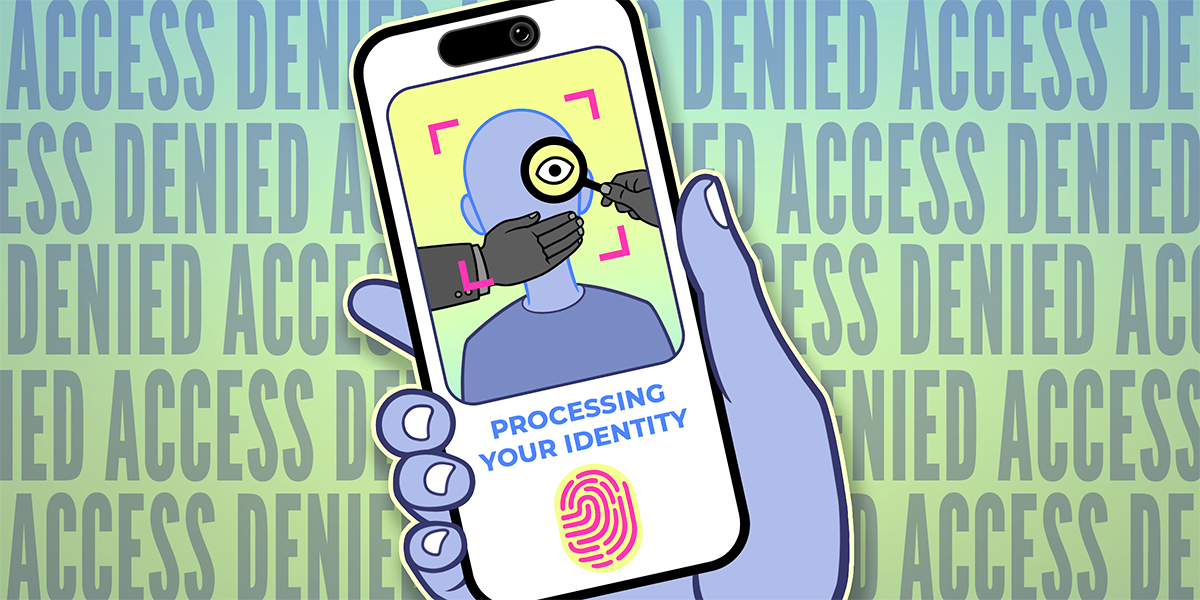Age Verification Threats Across the Globe: 2025 in Review
Age verification mandates won’t magically keep young people safer online, but that has not stopped governments around the world spending this year implementing or attempting to introduce legislation requiring all online users to verify their ages before accessing the digital space. The UK’s misguided approach to protecting young people online took many headlines due to […]
Continue Reading






